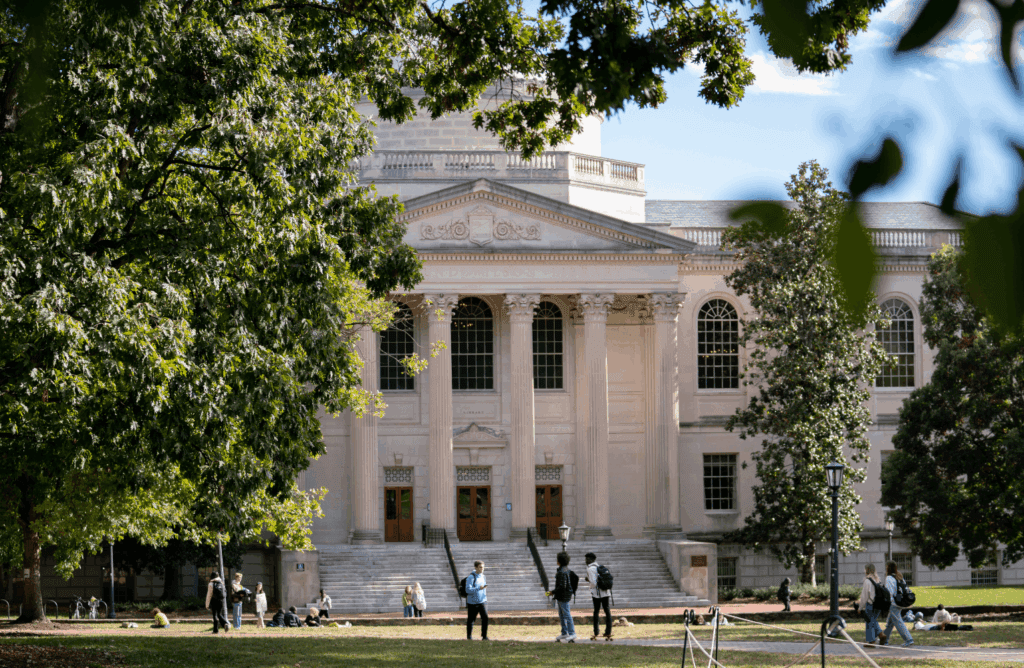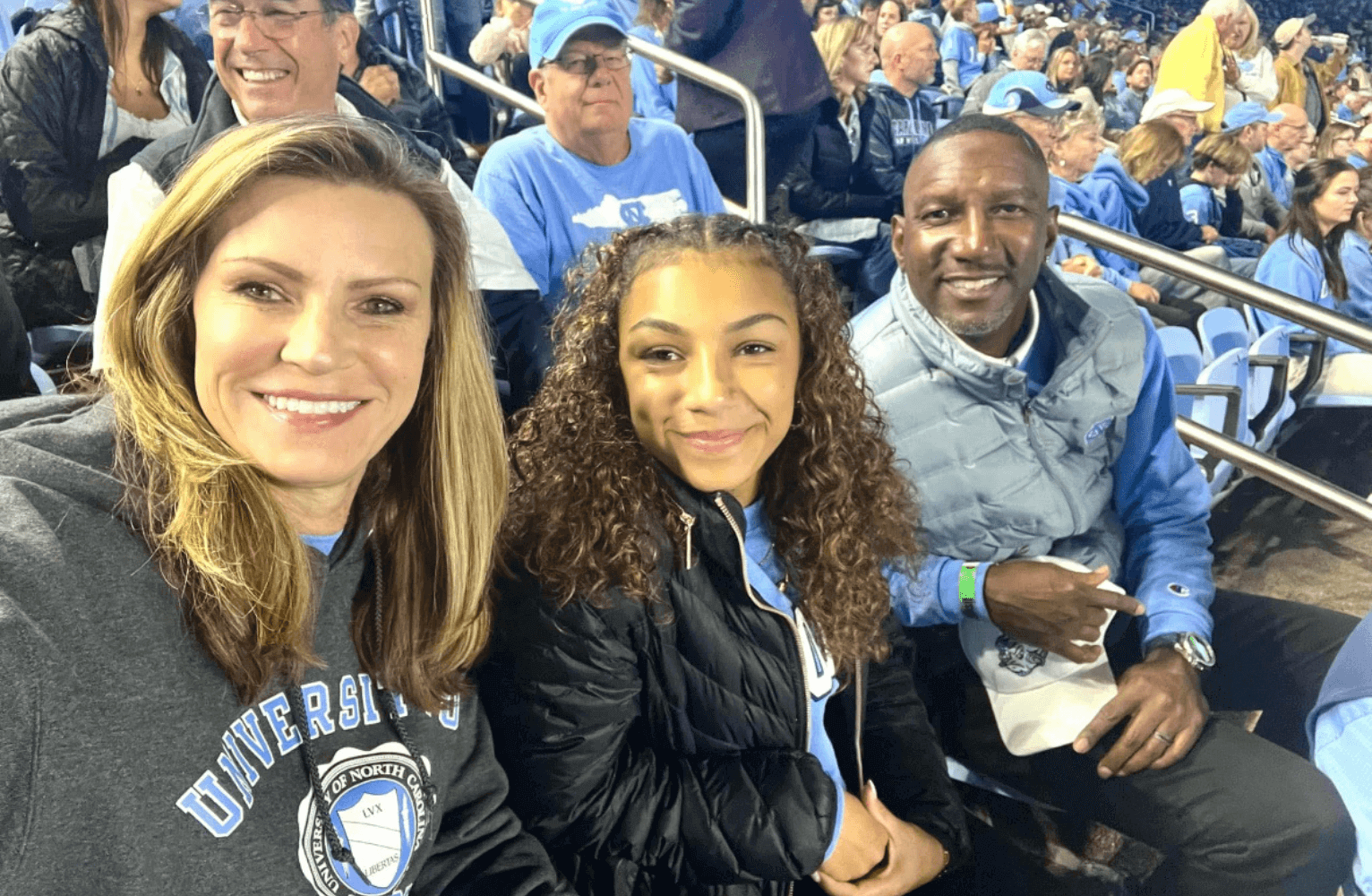
When Hurricane Helene upended the lives of students from across western North Carolina, the Carolina Student Impact Fund served as a lifeline, providing emergency aid that helped Tar Heels stay safe, supported and on track with their education.
The Carolina Student Impact Fund, established in the wake of Hurricane Florence in 2018, has become a vital resource for undergraduate, graduate and professional students facing emergencies — from national disasters to global pandemics. Most recently, the fund provided critical support to students affected by Hurricane Helene, which devastated parts of western North Carolina in September 2024.
As of June 30, 2025, a total of nearly $60,000 has been distributed in various amounts to 55 students impacted by Helene. These students, many whose families were displaced or lost essential belongings, received aid for temporary housing, groceries, clothing and other necessities. The fund’s flexibility allows its administrators in the UNC Office of Scholarships and Student Aid to meet students where they are, offering help tailored to their unique situations.
For undergraduate student Maya Harrell ’28 from Mars Hill, North Carolina, the support was life-changing.
“It helped my family and me afford tuition after damages caused by Helene,” she shared. “I am incredibly grateful for the support that helped us recover and that ensured I could stay focused on my studies and remain a student during a challenging time.”
Sam Rattigan ’27, a student from Asheville, North Carolina, studying environmental science, echoed that sentiment.
“My family faced significant economic hardships as a direct result of Hurricane Helene,” he shared. “My dad’s home flooded several times, requiring extensive renovations to rectify mold damage. The support from this fund has been an amazing help, alleviating some of the financial stresses for my family.”
Sierra Clark ’26, a political science major from Forest City, North Carolina, received $1,800 from the fund to help relocate her family to a safe place during the direct aftermath of the hurricane.
“This support ensured I could access food, lodging, new clothes and other necessities that had to be replaced during this time,” she said.
These stories are just a few examples of how the Carolina Student Impact Fund makes a tangible difference. Behind this impact are donors like UNC-Chapel Hill alumni Ritch Allison ’89, ’95 (MBA), a member of the UNC-Chapel Hill Board of Trustees, and Susan Allison ’89, whose nonprofit work supports youth in crisis and people experiencing homelessness. The couple made a $50,000 gift to the fund after witnessing the devastation of Hurricane Helene.
The Allisons, longtime supporters of UNC-Chapel Hill, saw the fund as a meaningful way to help students from affected counties stay on track with their education.
“I know from my work with youth in crisis that while an event like Hurricane Helene may be a small setback for some, it can also be the thing that completely derails life for others,” said Susan Allison. “Our hope is that this gift helped students continue their education at Carolina, without having to take time off from school because their families are in crisis.”
The Allisons’ generosity is part of a broader culture of giving that sustains the Carolina Student Impact Fund. Every gift — no matter the size — helps ensure that students can weather life’s storms without sacrificing their education. Collectively, donors contributed more than $125,000 to the fund in the wake of Hurricane Helene, covering students’ immediate needs and replenishing the fund for future disasters.
In times of crisis, Carolina stands together — and thanks to the Carolina Student Impact Fund and some of the University’s other Hurricane Helene relief efforts, no student has to face hardship alone.
Written by Angela Harwood, University Development
Related Stories




